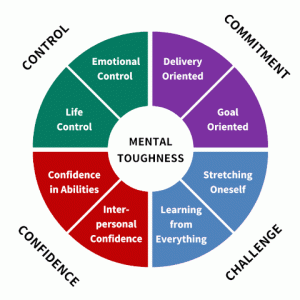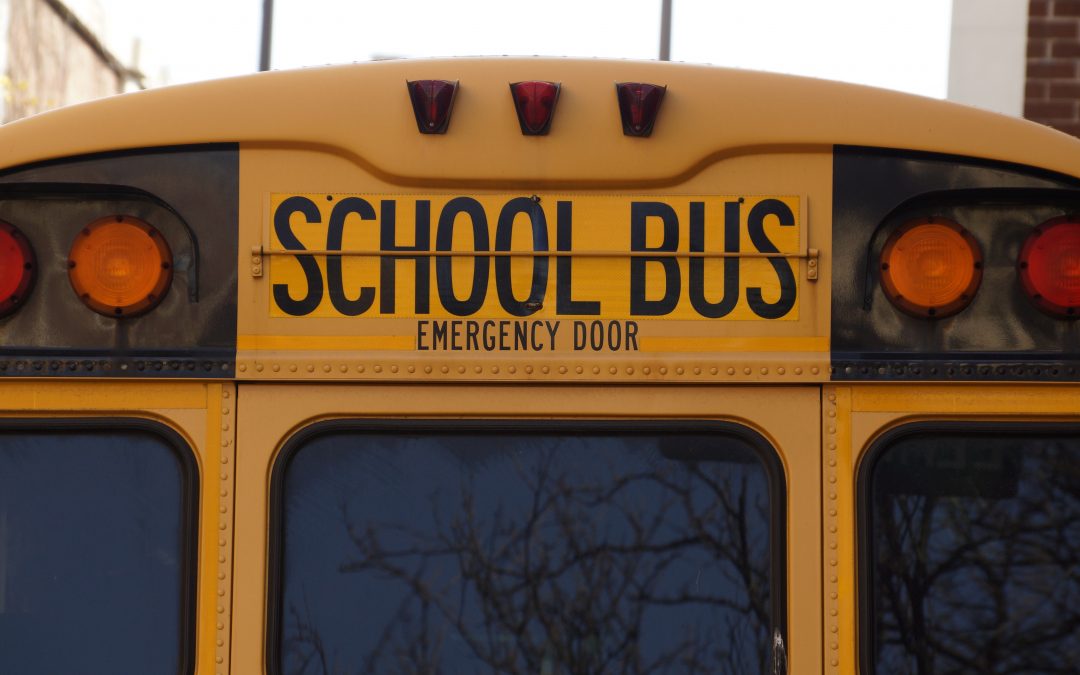Can you remember your first day at High School? How were you feeling as you walked through the gates? If you ask any adult about the transition from primary to secondary school, they can quite often  remember some key moments.
remember some key moments.
I remember being told that there would be ‘big boys’ waiting to flush our heads down the toilet or that they would hang us by our ties. Of course, none of this happened, but the transition from my local primary school in a leafy suburb with 25 pupils in a year group to a high school with over 200 pupils per year group and 1600 pupils total was a daunting prospect. The sheer size of the school resembled a small town. We were even given a map to help navigate our way around the 15 buildings!
It’s not surprising that educational psychologists, policy makers and researchers have recognised this period as significant milestone in our lives, as it can be one of the most daunting even for the most resilient of pupils.
The MTQ48 4Cs mental toughness model can be useful in helping to consider the challenges faced during this period. The challenge element of the model refers to the extent to which a pupil will see novel situations as threat, or as opportunity. Those scoring highly on challenge will not be scared of the new environment of a secondary school – in fact they might even be excited by it.
Those scoring low on challenge are more likely to be fearful of the change of environment and routine. For the primary school pupils who have spent much of their education in the same room with the same teacher, the sudden change to ten different classrooms, with ten different teachers can be overwhelming.
Pupils who score low in interpersonal confidence are more likely to feel much lower confidence with less familiar people. They will need much more support at making friends in the early stages. This process can be supported by finding other pupils in a similar position and partnering them together.
The life of a pupil at primary school is far less autonomous than at secondary school. Pupils find themselves having to carry all their books around with them, and having to remember numerous homework tasks for different teachers. Those pupils who are low in life control and who may be more teacher dependent will find this transition challenging. Supporting pupils with tools that can be used to help organise their time and school life is key during this period.
Perhaps one of the biggest fears of parents during this period is that their child will be bullied. In a report published by the Jubilee Centre of Character and Virtues, fear of bullying (and school work), was the thing that most primary school pupils dreaded most about secondary school. It’s been suggested (McGeown et. al, 2015) that mentally tough individuals in particular those with higher life-control, emotional control, and inter-personal confidence scores, may be better able to deal with peer victimisation and may be less likely to perceive that they are being bullied.

Those involved with the transition process face a number of challenges; firstly that they simply don’t have the relevant data available; they also need to allow both the tough and the sensitive to fully reach their potential. The MTQ48 may be a useful screening device to identify pupils who are at risk during the transition period and allow for more informed interventions. Potential interventions could include goal-setting and self-reflection activities. It’s also worth considering how environmental factors can be used positively to help support the process.
By Steve Oakes, Head of Education – AQR International 


